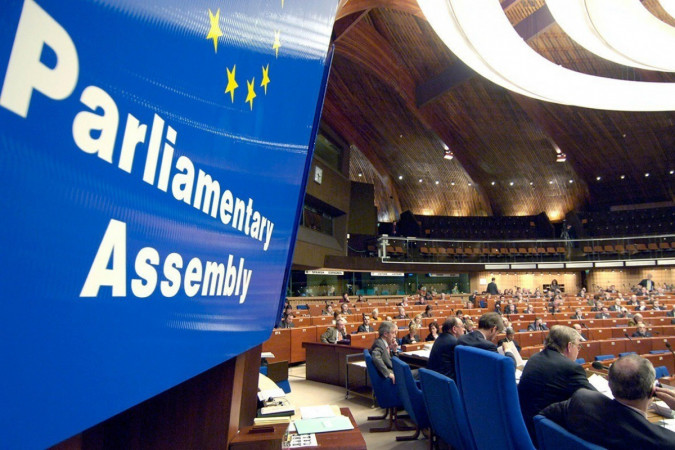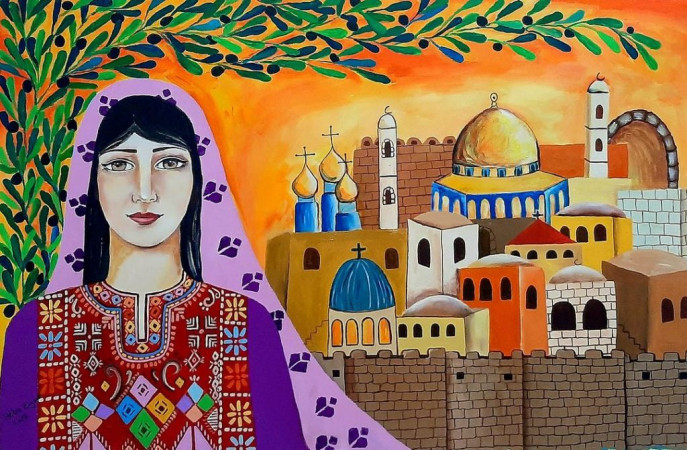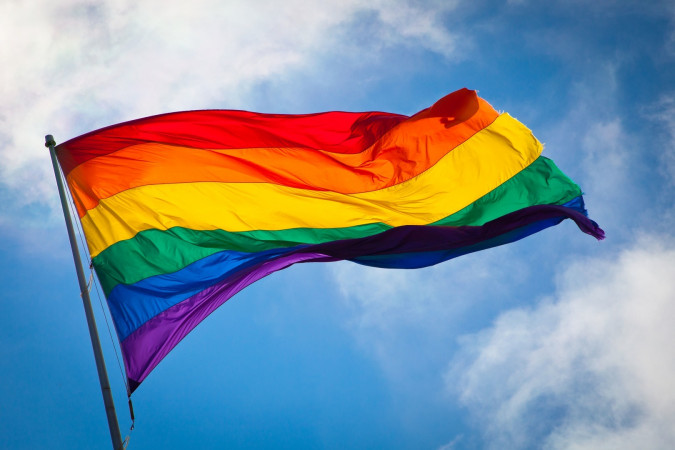How pandemic affected LGBTI+s in Azerbaijan
Nafas LGBTI Azerbaijan Alliance met with the community and discussed their situation during a year of pandemic and how it affected their lives
31/Mar/21
3965
How pandemic affected LGBTI+s in Azerbaijan
Nafas LGBTI Azerbaijan Alliance met with the community and discussed their situation during a year of pandemic and how it affected their lives.
The ongoing global pandemic has been challenging and tough for everyone on the planet and it is no surprise that women and LGBTI+s have suffered the most. Nafas LGBTI Azerbaijan Alliance has conducted discussion meetings by creating a safe space for women and LGBTI+s where they can talk about the struggles and challenges they faced during the pandemic and how it affected their lives. This article is the summary of the general discussion and different points made by the participants.
Most of the participants mentioned that they felt quite good in the beginning of the pandemic since it gave them some free time off from work and society to relax a bit. However, as the time passed things started to go not as well as it used to be.
Arising difficult conditions made most queers and women to lose their jobs or work / study from distance and as a result most of them had to leave the capital city and move back to regions to their families. After living far from their families for a long time, now it was hard for them to get along with them under the same roof. They faced constant pressure by their family members for different reasons like: being jobless, the way they express themselves, being single and so on. One of the participants also mentioned that the homophobic and misogynistic attitudes in the house was hard to witness and it was impossible to educate them on the topics.
Lockdown with parents in a house was a very tough period for most of the queers and women. They say that the heterosexuals were mostly fine with the situation, but it was really challenging for them to adjust to a new life where you are out of your comfort zone. They did not want to see or talk to anyone during this period and they were also feeling more vulnerable to phobia since they were living in more conservative environments like regions.
Most queer people do not see their biological family as an actual family and they create one around themselves to survive. Being away from their friends and the social circle they created made them feel alone and depressed. Also, financial conditions played a big role during the pandemic. For instance, the public transport was not working on weekends and some participants mentioned that they did not have enough money to pay for a cab to go to the meetings and socialise or spend time with their friends on the weekends.
Also, the majority of the participants reported that their existing psychological problems increased and they were feeling more aggressive than normal during the pandemic. They started to experience panic-attacks more often and feeling more emotional during the day. Aggressions were mostly arising against the government and the decisions they were making regarding the lockdown. Most people were feeling uncertain and insecure since their daily life was heavily based on the measure taken by the government.
In the middle of the pandemic we experienced war as well and it made everything even worse. Access to the internet was limited. Some of the participants are working in schools and they mentioned that pandemic and the ongoing war caused big problems in the education system. They also said that education is not priority for the government and we obviously witnessed it during the lockdown. Closure of schools and distant education was really tough to adapt and it decreased the quality of the education. “It also demotivated students to study” - another participant added.
The struggles of LGBTI+s and women are not limited to the above-mentioned stories and certainly there is a lot more they experience and go through. Situation with the COVID-19 was challenging and overwhelming for the whole world, but during a crisis the most vulnerables always struggle the most.
Powered by Froala Editor



